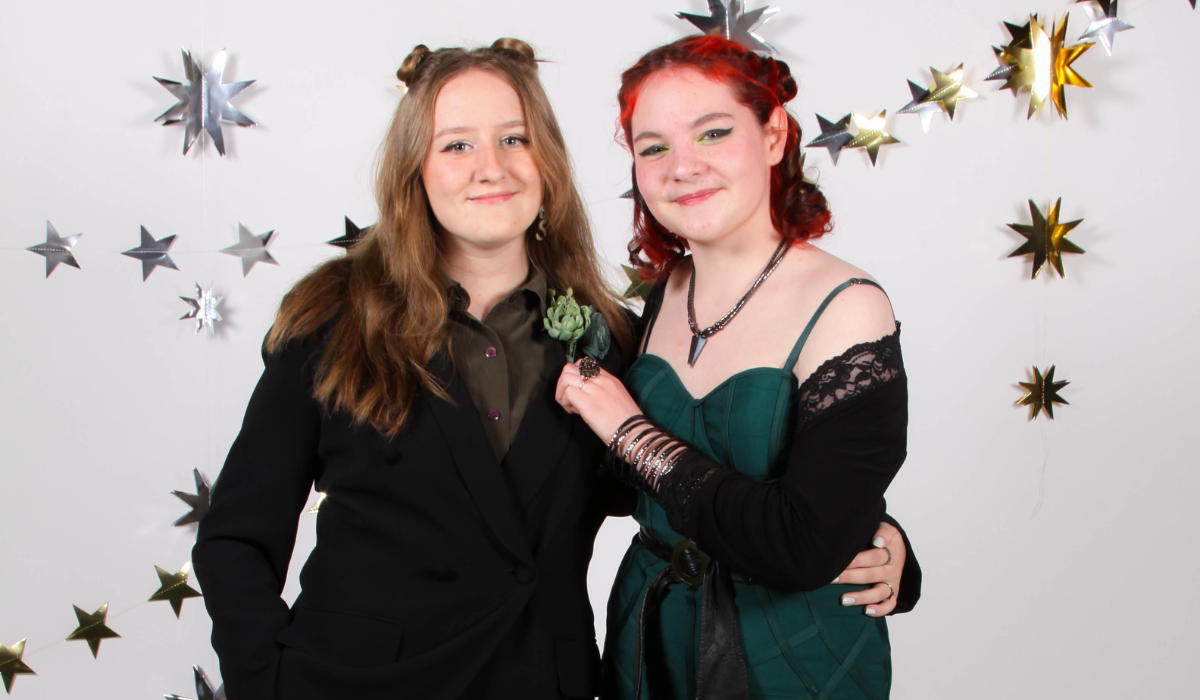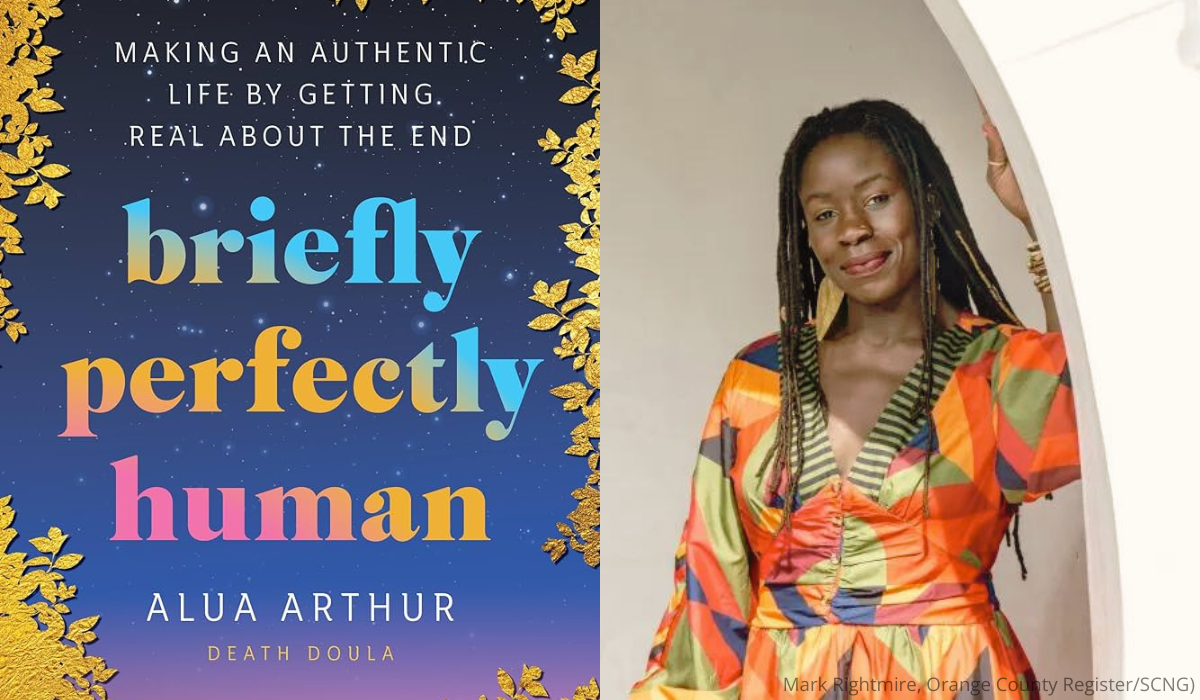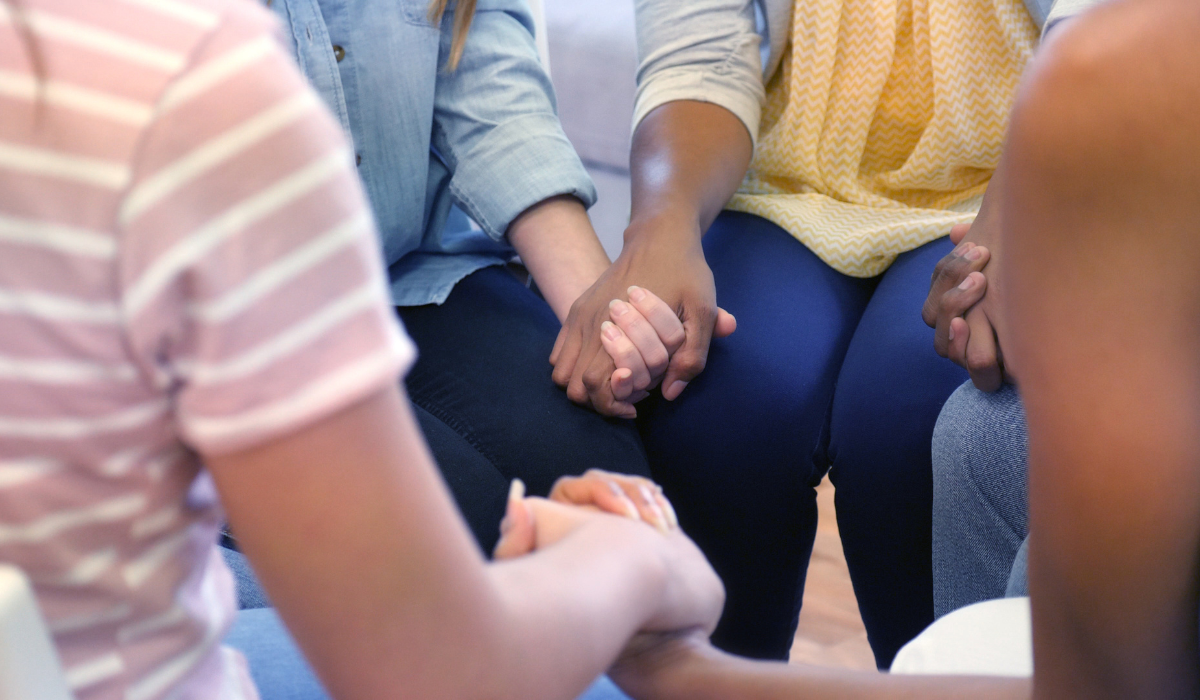Stepping Out and Refusing to Be Stepped On
Max Berndt donned a black suit, a jaunty bowtie, and a rainbow-colored fedora. They were ready for their first high school dance as their authentic self.
“I was so excited. I wanted to meet new people,” said Berndt, who identifies as queer. “It was super fun to see a lot of people who are like me. It was game-changing.”
Berndt, a junior, was an attendee of the first Queer Prom event for teens in their hometown.
Empathy pushed Kelsey Tha to conceive of the idea to have a Queer Prom—an inclusive version of the traditional high school gathering that celebrates the LGBTQ+ students—after she read an article about discrimination in town. Inclusivity in their Western Montana region was, in many ways, a challenge. The school board attempted to ban the school’s Gay Straight Alliance, and even though the efforts were ineffective, Tha knew the debate hurt LGBTQ+ teens. So she began to ask around.
“Does anyone want to host a Queer Prom for teens with me?” Tha asked.
Soon after, local businesses and organizations stepped forward to provide DJ services, raffle items, monetary donations, food and drinks. And even clothes.
“I’m just so proud of how it came together,” Tha said. “We had an amazing team that put it all together and attendees’ reactions blew my mind.”
Tha was hoping for 50 teens to attend. Two hundred came. The free event was open to queer teens and allies throughout Western Montana. Organizers hosted an adult Queer Prom the night before to raise money for the teen version.
The dress code was simple—“Wear whatever makes you feel confident!”—but one fashion outfitter, The Lady Baltimore, took it a step further and helped teens design their look for free. A local photographer provided a photo booth and decor was covered by monetary donations.
“Seeing kids slow dancing together was really emotional for me,” Tha said. “I hope it brought them healing because these poor kids have already been through so much.”
Tha chose Missoula to host the event because it was the most central location. But she said teens from rural schools need the event most because oftentimes they think they are the only queer youth in their town. Isolation and lack of acceptance can cause severe mental health crises.
According to the Trevor Project’s 2021 Survey on Youth Mental Health, 75 percent of LGBTQ youth reported that they had experienced discrimination based on their sexual orientation or gender identity at least once in their lifetime.
Brandt, who leads their school’s Gay Straight Alliance, said many students in the organization aren’t out to their parents and classmates and often talk of the alienation they feel when they have to hide an integral part of their identity. Tha hopes more adults from rural areas will support teens with similar events.
“There’s a lot more areas in America that need Queer Prom because people are hurting,” said Tha.
As for Brandt, this was an event that helped people—one they hope continues in the state. “You don’t think of Montana as having a lot of queer representation,” said Brandt. “It was a little shocking to walk into Queer Prom and see so many people who are like me there.”




